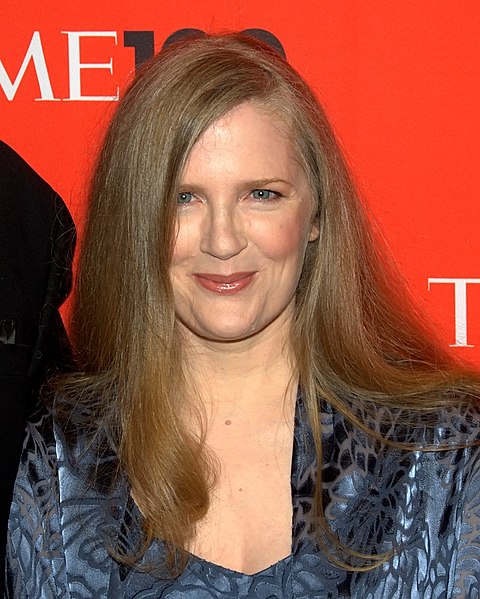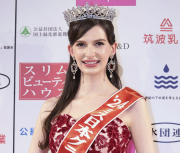
In a unified effort, renowned authors such as James Patterson, Suzanne Collins, and Margaret Atwood, among thousands of others, have endorsed an open letter from the Authors Guild urging
AI companies to honor copyright laws before integrating copyrighted works into their technologies.
The letter emphasizes the massive amount of copyrighted material, including books, articles, essays, and poetry, that serve as the foundation for AI systems. The authors argue that AI companies should seek permission and compensate writers for using their creations, as these works play a crucial role in shaping AI technology.
Addressed to AI producers like OpenAI, Meta, and Microsoft, the letter underscores the need for fairness in the compensation of creators. It includes signatures from acclaimed writers such as Jennifer Egan, Michael Chabon, Louise Erdrich, Jonathan Franzen, Celeste Ng, Nora Roberts, and Ron Chernow, among others.
Nora Roberts stated, "If creators aren't compensated fairly, they can't afford to create. If writers aren't paid to write, they can't afford to write. Human beings create and write stories human beings read. We're not robots to be programmed, and AI can't create human stories without taking from human stories already written."
The concerns regarding AI technology's impact on creative industries extend beyond the writing community. Film and TV writers, as well as actors, are also raising their voices. The Writers Guild of America has been on strike since May 2, with AI replacing human writers being a chief concern.
The Screen Actors Guild (SAG-AFTRA) is also actively involved, aiming to protect actors' performances from being replaced by AI technology. The ongoing strike has disrupted numerous productions, underscoring the urgency to address the potential ramifications of artificial intelligence in creative fields. Photo by David Shankbone, Wikimedia commons.











































